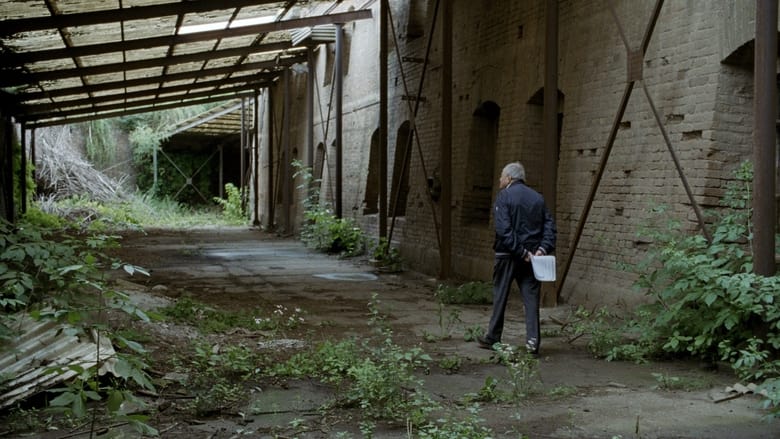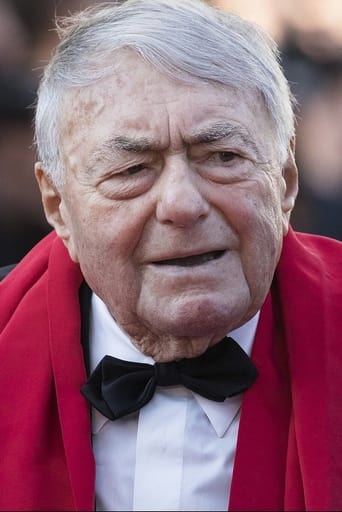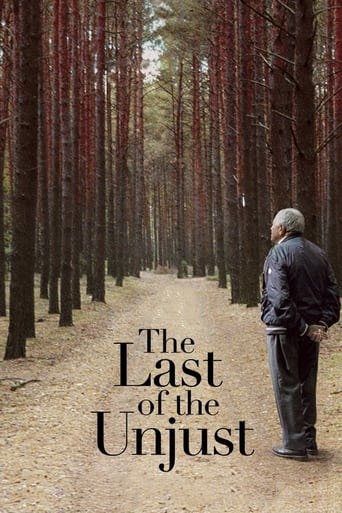
A place: Theresienstadt. A unique place of propaganda which Adolf Eichmann called the "model ghetto", designed to mislead the world and Jewish people regarding its real nature, to be the last step before the gas chamber. A man: Benjamin Murmelstein, last president of the Theresienstadt Jewish Council, a fallen hero condemned to exile, who was forced to negotiate day after day from 1938 until the end of the war with Eichmann, to whose trial Murmelstein wasn't even called to testify. Even though he was without a doubt the one who knew the Nazi executioner best. More than twenty-five years after Shoah, Claude Lanzmann's new film reveals a little-known yet fundamental aspect of the Holocaust, and sheds light on the origins of the "Final Solution" like never before.
Similar titles
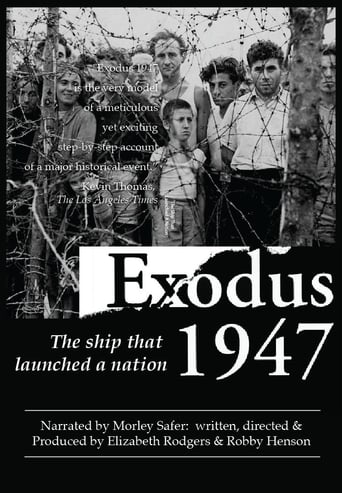
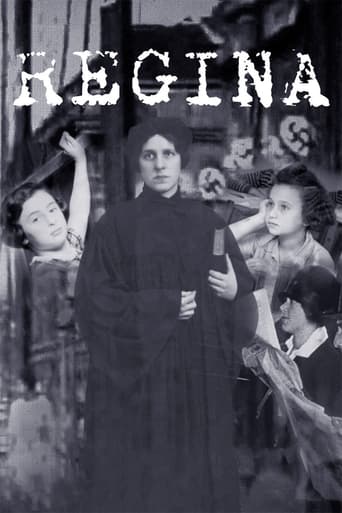
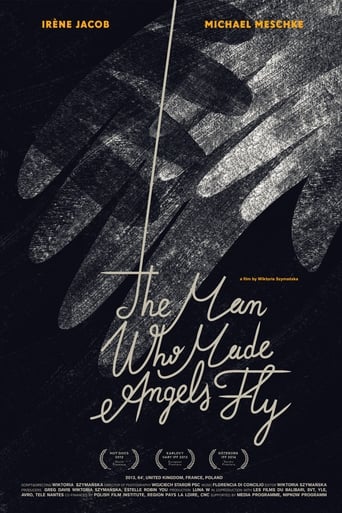

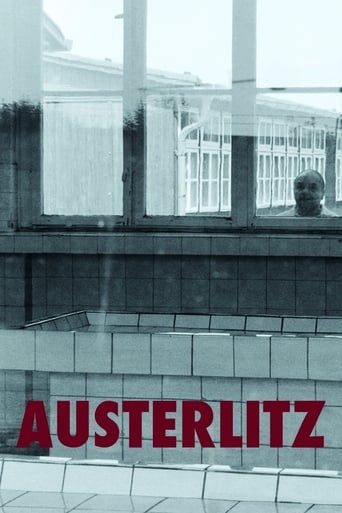
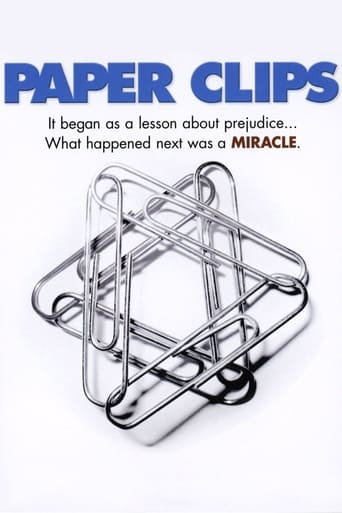
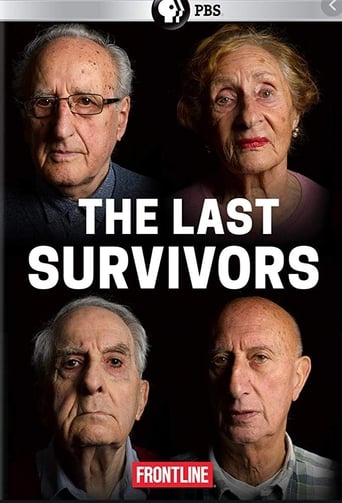
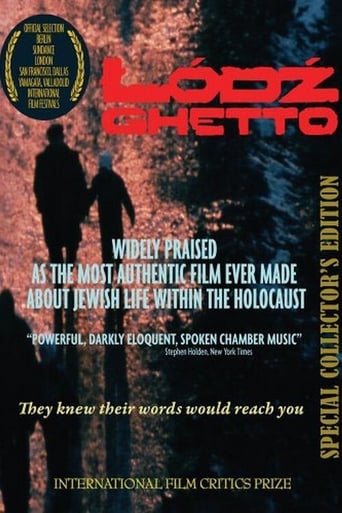
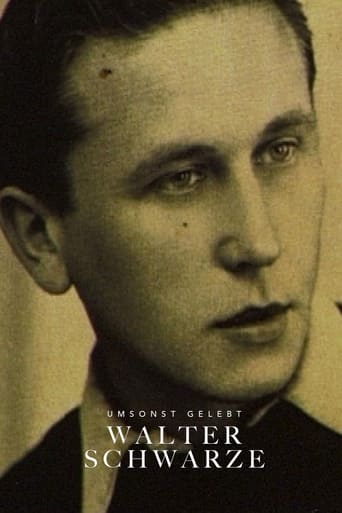
You May Also Like
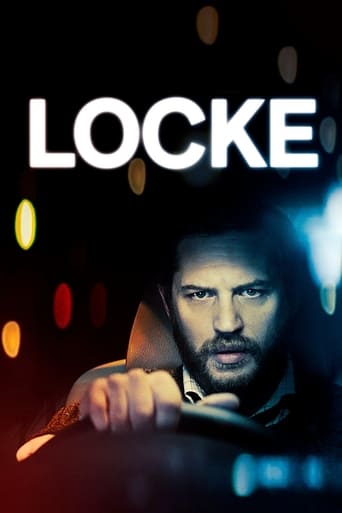
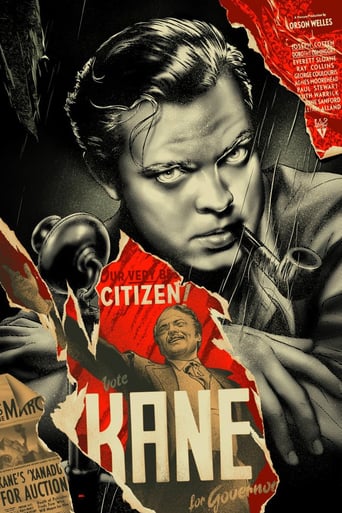
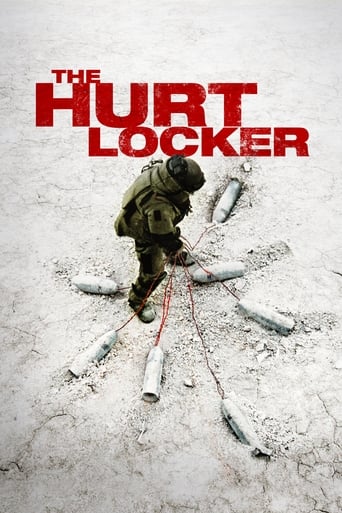
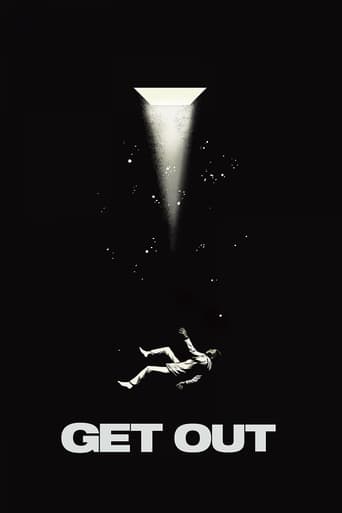



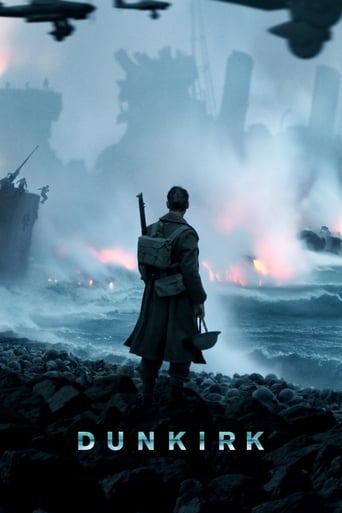
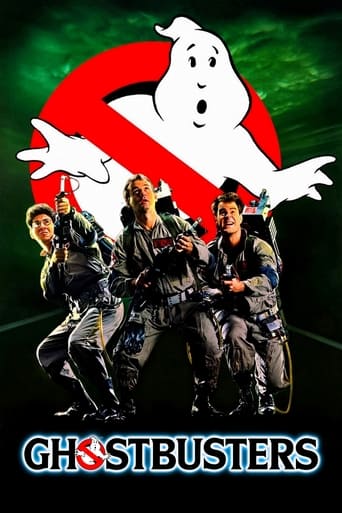
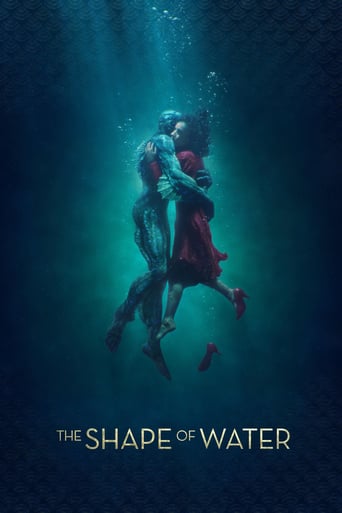
Reviews
Very disappointed :(
Truly Dreadful Film
Self-important, over-dramatic, uninspired.
The best films of this genre always show a path and provide a takeaway for being a better person.
This is a fascinating companion piece to Shoah, director Claude Lanzmann's justly celebrated nine-and-a-half hour investigation into the Nazi holocaust, and a great documentary in its own right. While recording what must have been hundreds (or even thousands?) of hours of interviews for Shoah, Lanzmann obviously had to leave a great many voices out of the finished work. One that was omitted haunted Lanzmann: Banjamin Murmelstein, the Rabbi of the last Nazi sanctioned Jewish ghetto, which stood right through the war and liberation. Lanzmann had excluded Murmelstein's voice from Shoah not because he didn't find the man's story fascinating, but because he had such profoundly mixed feelings about him that he could not fit him into a larger historical cartography of the Final Solution. The Last of the Unjust begins with Lanzmann, now in his nineties, informing us that the figure of Murmelstein had haunted him for the last three decades, and that he felt he had an obligation to bring his story to screen, for the atrocities of the age could not be adequately understood without understanding Murmelstein. The film starts a bit slowly. One is not clear for a long while why Murmelstein's story seems so singular. This is not to say that the film is ever uninteresting. Murmelstein fiercely refutes, and indeed mocks, Hannah Arendt's characterization of Adolf Eichmann as "banal". The Eichmann described by Murmelstein is a subtly monstrous man, capable of cloaking the most inhuman threats of violence through a cultured choice of words. Eichmann seemed to like Murmelstein because he was one of the few people perceptive enough to understand just how much Eichmann enjoyed the suffering he caused. Arendt's account is, for Murmelstein, a foppish depiction that has done history the disservice of absolving a devil. As in Shoah, Lanzmann demonstrates a great instinct for landscapes, noticing the beauty of the settings for some of the twentieth century's greatest atrocities. Here, though, these perceptions seem touched by a bit of sloppy sentimentality, perhaps a result of the auteur's age. One of the most memorable aspects of Shoah is how it documents the incredible lengths the Nazis went to obscure their crimes even as everyone living under their power seemed to know about them. Theresienstadt, the ghetto under Murmelstein's charge, was designed as another attempt to deceive the world about the Nazis' actions towards the Jews. Propaganda films were made showing Theresienstadt's residents dancing and singing. The Nazi's thus tried to present their attitude towards targeted minorities as "separate but equal". In reality, however, Theresienstadt was little better than a death-camp itself in which many people starved or were worked to death. In a telling example of Murmelstein's rapport with his Nazi captors, they ask him what he thinks of their propaganda film about the ghetto. He responds, "I understand why you don't show the corpses filling the attics, but don't you think having everyone smiling and singing is laying it on a bit thick?" The full complexity of Murmelstein's role in history isn't really revealed until the film's extraordinary last hour. Although himself imprisoned, Murmelstein gradually attained absolute control over the day to day life of the ghetto, determining who could eat what and how long and in what way each "resident" would work. Feeling he had to keep the ghetto productive if it was not to be destroyed, Murmelstein adopted a brutal regimen of labor and scarcity under which not a few of his subjects died or went insane. The survivors, however, were amongst the very few Jews to escape the death camps when liberation came. (Murmelstein, appropriately it seemed to me at the time, laughs off a question posed by Lanzmann about whether he was trying to save those under his control or merely himself. The two were interconnected, explains Murmelstein, and one who has not faced such ethical choices are not fit to ask where survival instinct ends and ethics begins.) The question, of course, is whether Murmelstein was more of a Jewish savior or a Nazi collaborator. The answer, or course, is that he was both- an individual thrust into an ethical situation so impossible that not only were there no blacks or whites, but barely any perceptible grey areas. As I watched the film, I found myself taken in by Murmelstein's perspective, as I sensed Lanzmann was as he interviewed him. In the film's final shot, Lanzmann embraces Murmelstein with convincing warmth. This made sense to me, as well, knowing Lanzmann's Zionist politics and the accompanying conviction that the "super-oppression" that has, from a Zionist perspective, characterized the history of the Jewish people justifies offensive violence by the Jews in the name of survival. Murmelstein, the film seems to be suggesting, is the embodiment of the "Jewish condition". OR IS IT? Lanzmann tells us at the beginning that he had felt irresponsible for thirty years for not telling Murmelstein's story. Prior to the film's last hour, consisting almost exclusively of interview footage taken in the early 1980s, the old Lanzmann relates to us in recently taken footage how the first two rabbis of Theresienstadt had destroyed themselves because of the ethical impossibility of the situation into which the Nazis had thrust them. The full horrors of Theresienstadt, never fully discussed by Murmelstein, are revealed. If Lanzmann had, thirty years prior, been persuaded by Murmelstein of the necessity of his actions, is this new film a kind of confession on the part of the filmmaker that he embraced a man who had become part and parcel of the Nazi machinery of death? If so, does this reveal a reconsideration on the part of the old Lanzmann about the role of Zionist violence? If so, Lanzmann will never admit to it, but I wonder.
"Le dernier des injustes" or "The Last of the Unjust" is a co-production between France and Austria that resulted in a 2013 movie that runs for a massive over 3.5 hours. But if you know writer and director Claude Lanzmann, then you already expected this perhaps (or expected an even longer film) as he is the man behind "Shoah". But back to this one here. It is Lanzmann's most recent work and given the director's age, it may very well be his last. He is over 90 now and this film by him also received some awards recognition. A lot of the footage in here is however really old. This refers in particular to Lanzmann's interviews with Benjamin Murmelstein, who was considered the last living Elder Jew at that point and this description implies that he was the one working together with the Nazis at concentration camps (namely the one in Theresienstadt) in order to be an interface between captors and captives. This is also why he is a bit of a controversial figure, even if most people today would agree as well that he was a victim of the entire situation and not an aggressor of any kind.Anyway, there are passages in French too, but a whole lot of the movie is in German language because of the interviewee's nationality. Lanzmann is French of course, but he also speaks German during the interviews and this is also a bit of a sign of respect towards Murmelstein, who has a lot of interesting stuff to talk about, some of it involving high-profile Nazi politicians that he was in direct contact with. I myself found these interview parts also the most interesting sequences of the film. And while I enjoyed the film overall, I cannot deny that people with no great interest in European 20th century history will probably come to the conclusion that the film drags quite a bit. Maybe the best choice for these is to not watch it or watch it maybe in 7 parts of 30 minutes each or 5 episodes of roughly 45 minutes as watching the entire thing at once may just not be too rewarding. Anyway, I think that Murmelstein was really interesting enough of a character to not only justify the making of this film, but also to let me recommend it to everybody who is as interested in the days of Nazi Germany and the Holocaust as myself. Thumbs up and I believe it is on the same ölevel as "Shoah" quality-wise, even if it is not half as famous.
I am not sure what to make of THE LAST OF THE UNJUST. It tells the story of Theresienstadt, now in the Czech Republic, which was designated by Adolf Eichmann as a "model ghetto," an idealized place which was deliberately designed to mislead the world about the ways in which Jews - especially the elderly, as well as children - were being treated. A propaganda film, released in the early Forties, shows a happy community of people contributing to the nation through regular work and ample leisure-time in which people were free to do as they wish.In truth the "model ghetto" was just another death-camp in which Jews were herded together and either left to die or gunned down in cold blood. Benjamin Murmelstein, the last president of the Theresienstadt Jewish Council, was forced to negotiate day after day from 1938 until the end of the war with Eichmann. When the war ended he was ostracized by the Jewish population and forced into exile into Italy.Three decades later director Claude Lanzmann tracked him down and interviewed him in Rome. Like many of those involved in the Final Solution, Murmelstein protests his innocence as well as trying to justify his behavior. But of course nothing can ever redeem him from the guilt of what happened.Lanzmann's footage remained dormant for nearly four more decades until Lanzmann, now an elderly man himself, decided to put it in a film. THE LAST OF THE UNJUST is a long piece of nearly four hours duration, wherein the Murmelstein interview is split up with historic footage, as well as Lanzmann talking direct to camera about the reminiscences of those unfortunate enough to be members of the community, both living and dead.The message is a harrowing one, reminding us of the depths to which humanity can sink in its lust for power. What renders the film even more difficult to fathom, however, is our awareness that similar atrocities have taken place elsewhere in the world since 1945, and continue to dominate the headlines. It seems that no one really wants to learn from the lessons of history despite Lanzmann's laudable attempts to make us do so.
French professor, film editor and director Claude Lanzmann's sixth documentary feature which he wrote, premiered in the Out of competition section at the 66th Cannes International Film Festival in 2013, was shot on locations in the Czech Republic, Italy, Jerusalem, Austria, Poland and the Republic of Madagascar and is a France-Austria co-production which was produced by producers David Frenkel, Jean Labadie and Danny Krausz. It tells the story about an Austrian- Jewish husband, father, doctor, author and university teacher named Benjamin Murmelstein (1905-1989) and his memories as a seventy-year-old man of his experiences during World War II.Distinctly and subtly directed by French filmmaker Claude Lanzmann, this quietly paced documentary which is narrated by the filmmaker and mostly from the interviewees' point of view, draws a humane and perspicacious portrayal of a former rabbi and member of the Central Office for Jewish Emigration in Wien, Austria who as a thirty-three-year-old began working for a German citizen named Adolf Eichmann (1906-1962), was accused of collaborating with the enemy, who almost remained completely silent for thirty years and who speaks for himself. While notable for its versatile and atmospheric milieu depictions and distinct cinematography by French cinematographers William Lubtchansky and Caroline Champetier, this narrative-driven story about Jewish history which was released sixty-eight years after a then twelve-year-old American student named Susan Sontag for the first time in her life saw photographs of the German concentration camps Bergen-Belsen (1943-1945) and Dachau (1933-1945), reflects upon what happened to an Elder of the Judenrat also known as the Jewish Council before and after being assigned to a late 18th century fortress town in former Czechoslovakia during the Second World War (1939-1945) called Theresienstadt where a fabricated show was staged so that the world would think it was paradise. This somewhat biographical, virtuous and monumental three hour and thirty-eight minutes historical testimony of real events which took place in the 20th century, which is set in the mid-1970s and in the 21st century and which contains interviews conducted by the French filmmaker in the late 1970s which originally was intended to be used for another work which was released in the mid-1980s, is impelled and reinforced by its cogent narrative structure, subtle continuity, archival footage, photographs, substantial cinematographic context and the story of a sister and volunteer named Ottla Kafka. A masterfully informative documentary feature.
Top Streaming Movies











